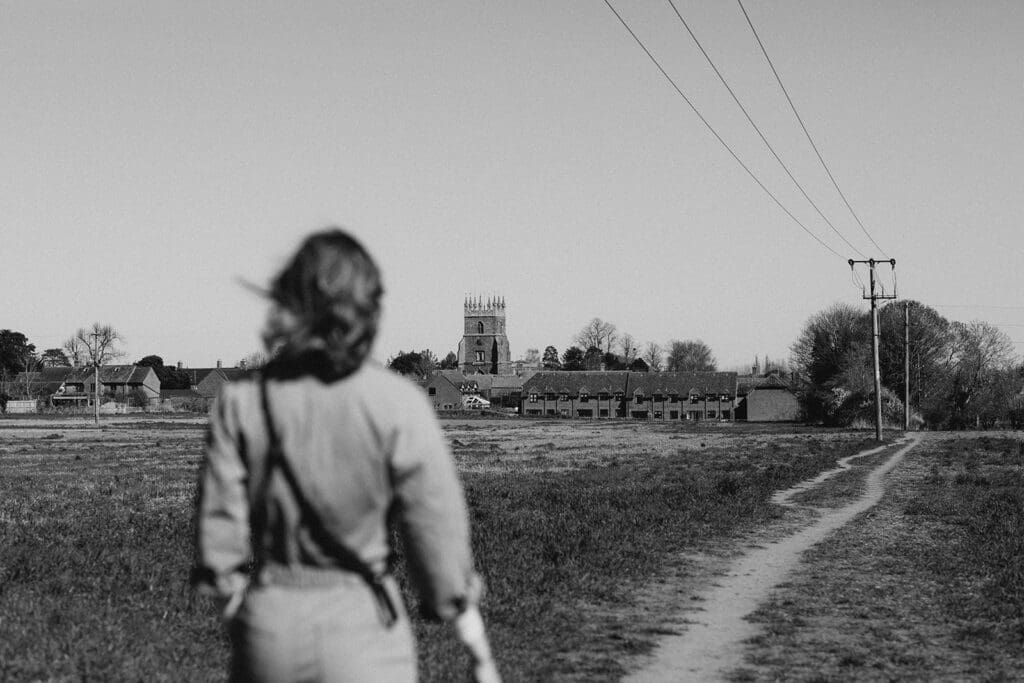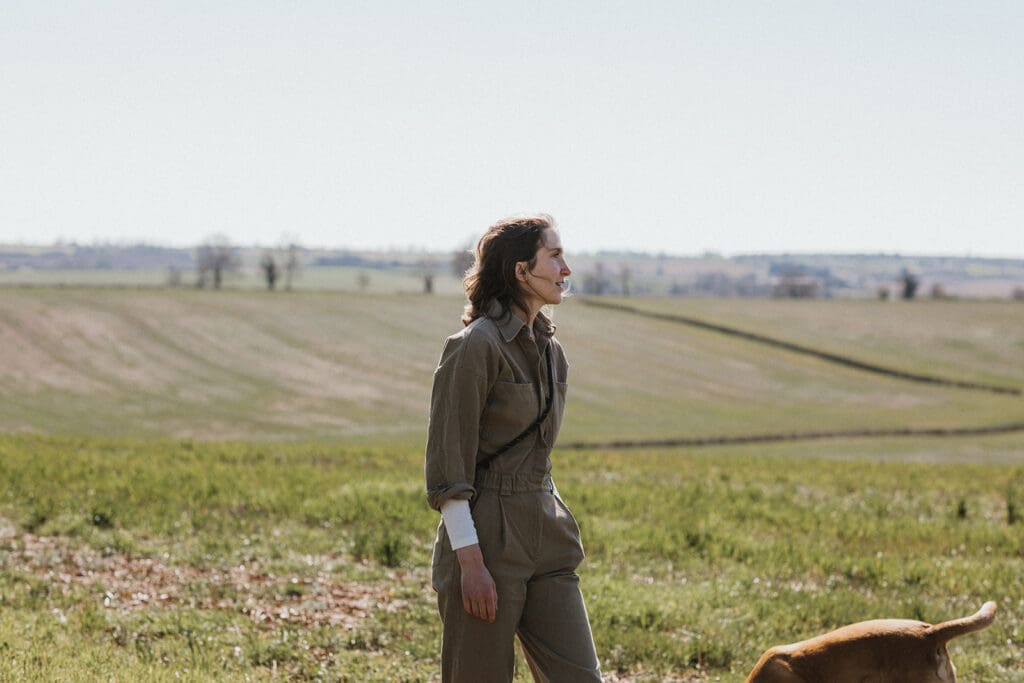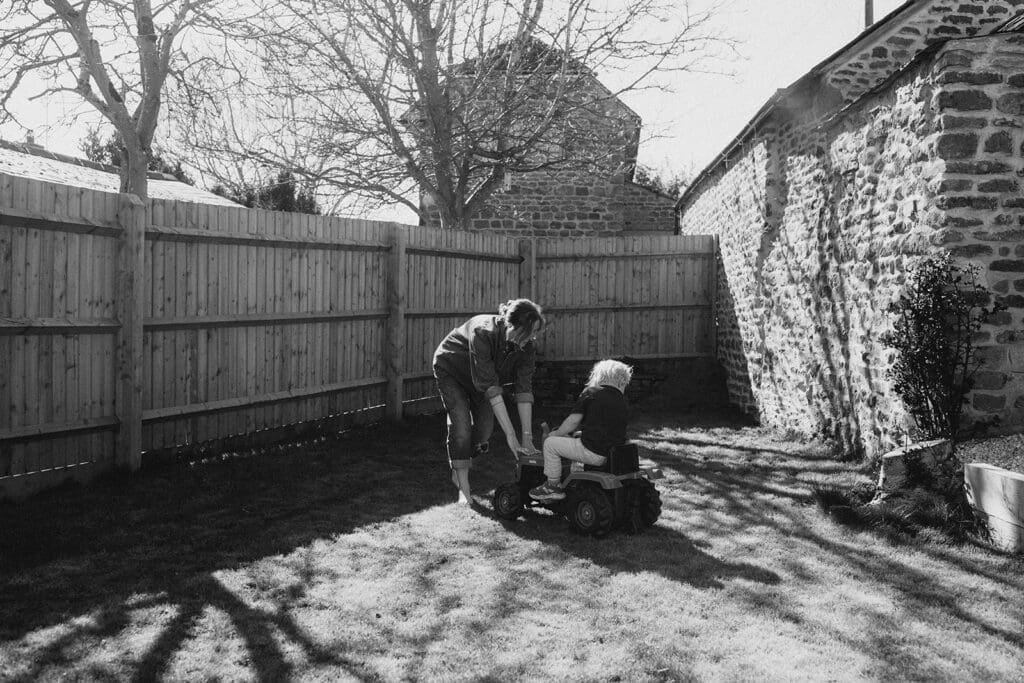It’s not a hot take that building lasting positive habits is hard. No matter how many New Year’s Resolutions we’ve made, no matter how many times we’ve gone to bed telling ourselves: “tomorrow will be the day that I…”, changing the way we habitually behave takes hard work, and often, we quit before we’ve given any new behaviour the chance to actually become an integrated habit.
Here’s the thing: the reason you can’t stick at the healthy habits you aspire to isn’t that you suck, or you aren’t determined enough – it’s because there’s so much unhelpful advice out there about what it actually takes to build lasting, sustainable positive habits, that you’ve likely not even given yourself a fighting chance to make those habits stick.
Today I want to do some much-needed myth-busting around what it takes to build lasting positive habits in your life.

I’ll dive into:
- Why trying to change your life dramatically and all at once doesn’t work
- Why relying on “tough love” won’t get your new habit to stick
- Why habit maintenance is the true key to long-lasting habitual change
So let’s get into it, shall we?
LIE #1: GO HARD OR GO HOME
If you want to create big changes, you should actually start small.
The first lie so many of us carry about making changes and building habits is the idea that in order to make big changes, you have to start with a big change. This is the idea that drives most of our New Year’s resolutions, and the main plot device used in big movies for character development: it’s the idea that one day, we say “enough is enough!” and change absolutely everything about ourselves, and then we are different forever.
The truth is, that if you make a change too challenging, you won’t stick to it – you really, really, won’t. Sure, you might spend a few days or weeks trying to maintain that big new change, but ultimately if there’s too much friction between what you’re used to and what you’re trying to do, that friction will pull the forward momentum of your new habit to a grinding halt.
The Solution?
Start with a small step in the right direction: initiate a change to your routine that is so simple, and so easy, that you have absolutely no problem sticking to it. If you want to run three times a week, maybe you commit to a ten minute walk three times a week first. If you want to cut out hyper-processed foods, maybe you commit to eating one wholefood snack a day first. This isn’t a cop-out, this is a way of easing yourself in gently and creating a small change that you can build on over time.

LIE #2: TOUGH LOVE WILL GET ME THROUGH
If it doesn’t feel good, you won’t keep doing it.
Picture the scene: I’m going for a run. (Yes, a lot of running analogies in this post – I took myself through the Couch to 5K programme at the beginning of this year!) To get myself out the door, I tell myself that I’m lazy and unfit, and that I need to get out on a run to change that about myself. As I’m running, I continue this internal monologue, by telling myself that I’m too slow, and horrendously out of breath, and I imagine that people I pass are judging how slowly I am running as I pass them. When I stop running, I compare my performance negatively to my last run, which was slightly faster. I tell myself that I ran too slowly, and that I have failed to reach a fitness goal I set for myself.
Sound familiar?
We tell ourselves that we can use this kind of negative self-talk as motivation to continue a desired habit, but the truth is, tough love doesn’t get us nearly as far as positive reinforcement can.
The Solution?
Our brains are hard-wired to seek pleasure and reward, and we are far more likely to repeat experiences that we enjoy. Using that running analogy again: while negative self-talk might enable me to stick to a new habit in the short term, being kinder to myself, and choosing to feel positive about my running efforts, is what will make the process of running feel genuinely enjoyable, and enable me to continue this habit in the long-term.
The thing is, I can’t make the physical reality of going for a run less challenging, but I can infinitely improve my experience of that physical challenge, and the likelihood of me doing it again, by changing the way I talk to myself.

LIE # 3: ULTIMATE TRANSFORMATION IS POSSIBLE
Change is not a destination, it’s a way of life.
Believing in an ultimate transformation sets us up for a let-down and can actually scupper our progress. When we view change as a finite goal – a finish line to cross – we can become disheartened when challenges inevitably crop up or when we realise that maintenance is still required. This can lead to feelings of failure and a temptation to chuck in the positive changes we’ve made. We might think, “I thought I’d be ‘over’ this by now,” and give up, rather than seeing setbacks as a normal part of the ongoing process.
To create habits that last a lifetime, we have to acknowledge that change is an active process that requires our consistent commitment, reflection, and re-alignment. Your goals of today are unlikely to be your goals in the future – but continuing to have goals, and find sustainable and enjoyable ways of working towards them, is what gives us a sense of purpose as we move through this wild and beautiful life.
The Solution?
Shift your focus from a fixed endpoint to the ongoing journey of growth. Embrace the idea of continuous evolution rather than striving for a static state of “ultimate transformation.” Celebrate small wins and acknowledge that maintaining positive habits is a form of ongoing success. View setbacks not as failures, but as opportunities to learn and adjust your approach. Cultivate a mindset of curiosity and having a go, recognising that your needs and goals will naturally shift over time. The real transformation lies not in reaching a final destination, but in the continuous process of learning, adapting, and growing throughout your life.

In Summary:
So, the next time you find yourself wrestling with a new habit, remember these truths. Forget the all-or-nothing approach, ditch the harsh inner critic, and release the pressure of a mythical “ultimate transformation.” Real, lasting change blossoms from small beginnings, nurtured with kindness, and sustained through consistent effort and adaptation.
You’ve got this. Now, go gently and build those habits that truly serve the life you’re creating, one manageable step at a time.


Read the Comments +